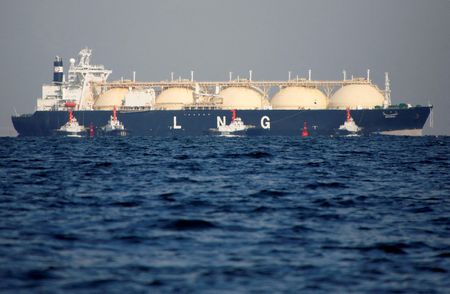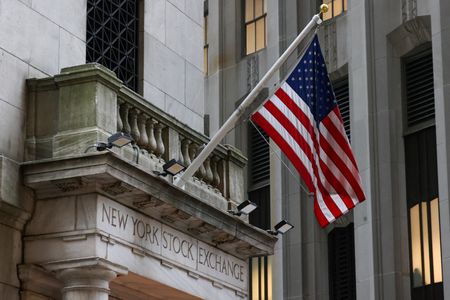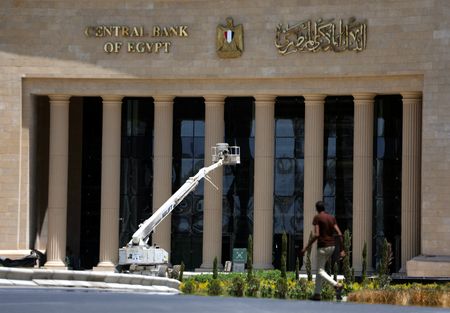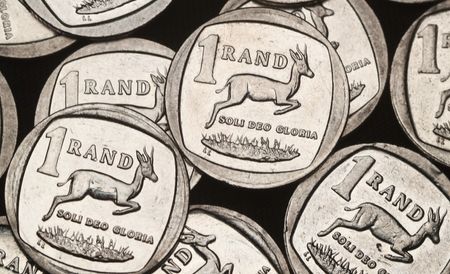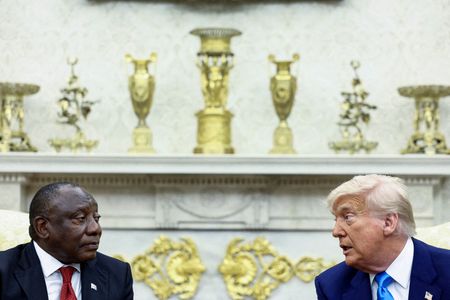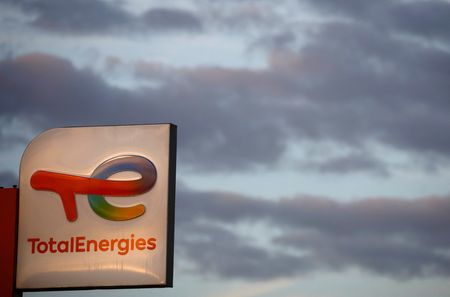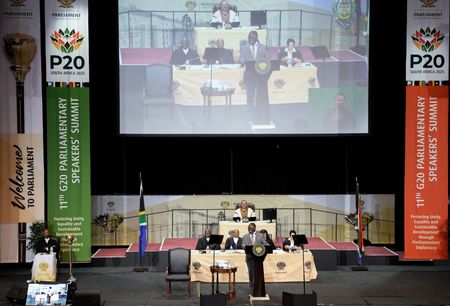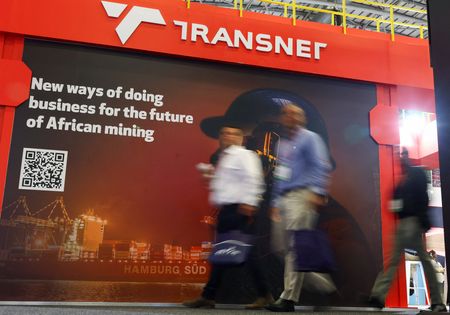By Mohamed Ezz and Marwa Rashad
CAIRO/LONDON (Reuters) – Egypt is in talks with energy firms and trading houses to buy 40-60 cargoes of liquefied natural gas (LNG) amid a worsening energy crunch ahead of peak summer demand, three sources aware of the matter told Reuters.
The country faces spending up to $3 billion at current prices to secure the LNG, squeezing government coffers already under strain to keep the lights on amid falling gas production and a cost of living crisis.
President Abdel Fattah al-Sisi on Wednesday directed the government to “preemptively take whatever needs necessary to ensure stable electricity flow,” according to a statement.
“The government is now in talks to import at least 40 LNG cargoes and around 1 million tons of fuel oil,” an industry source familiar with the matter told Reuters.
“Gas was the primary focus, given the more flexible payment options available compared to fuel oil, though the latter remains under consideration if LNG prices are unfavourable,” the source added.
In the past two years, Egypt endured rolling blackouts as natural gas supply fell short of demand. Egypt’s own gas output in February hit its lowest level in nine years.
The world’s most populous Arab country returned to being a net importer of gas last year, buying dozens of cargoes and abandoning plans to become a supplier to Europe as its production tumbled.
Egypt’s hard currency crunch has delayed payments to international oil firms, curbing exploration and slowing oil and gas output.
The country could now need up to 60 LNG cargoes to cover its 2025 needs, a second trading source said, adding over the long term that could rise as high as 150 cargoes.
It is in talks with Qatar, Algeria, Saudi Aramco, and major global trading houses, the sources said.
Egypt’s Ministry of Petroleum, Qatar Energy, Saudi Aramco and the Algerian Ministry of Energy and Mining did not immediately respond to Reuters requests for comment.
Egypt has bought 1.84 million tons (mt) of LNG this year, data from S&P Global Commodity Insights shows. That’s almost 75% of its total for 2024.
ISRAELI GAS
An additional problem has been lower supply from Israel’s offshore Leviathan field which has been blamed on scheduled maintenance. That has forced Egypt to halt or reduce gas supplies to several fertilizer factories for at least 15 days.
“My factory has come to a complete stop since Saturday. Others are working on partial capacity,” the head of a fertilizers factory told Reuters, on the condition of anonymity.
A prolonged halt could hit exports of fertilisers, a key source of foreign currency.
Egypt relies heavily on imported Israeli gas, which accounts for 40-60% of its total imported supply and about 15-20% of its consumption, JODI data shows.
Yet it faces the prospect of paying more for it, as two other industry sources told Reuters that Israel wants to raise its exported gas prices by 25%.
Prices for Israeli gas are linked to oil prices which have fallen, while prices of LNG are linked to other benchmarks such as the Japan Korea Marker (JKM) in Asia, gas prices at the Dutch TTF gas hub in Europe, or Henry Hub in the U.S.
“Israel wants higher prices, because now they are so low at about $6/mmBtu (million British thermal units) at today’s Brent prices, while LNG price is closer to $14/mmBtu. Israel was satisfied when the prices was around $7.50 mmBtu,” one of the sources said.
A spokesperson for the Israeli energy ministry told Reuters that prices in the gas sector are determined through business negotiations between companies.
“The Government of Israel is not a party to this negotiation process. This is a business matter,” she said.
Egypt’s Ministry of Petroleum did not immediately respond to a Reuters request for comment.
(Reporting by Mohamed Ezz in Cairo and Marwa Rashad in London; editing by Kirsten Donovan and Jason Neely)

